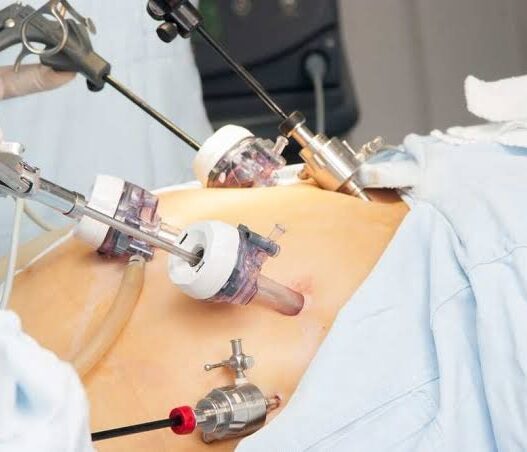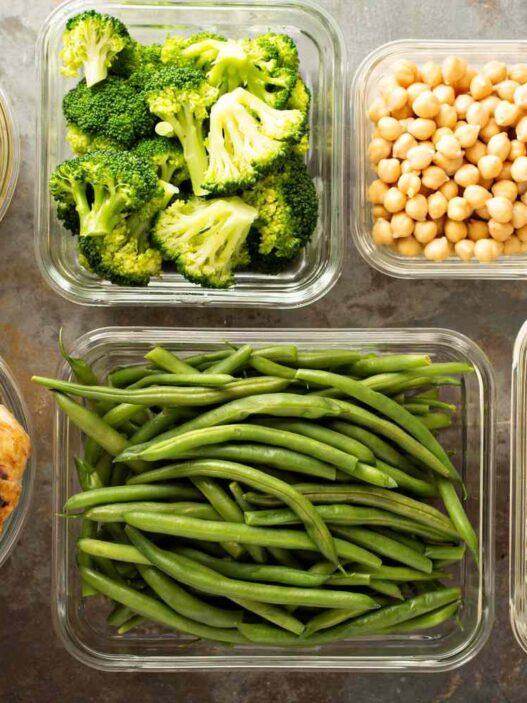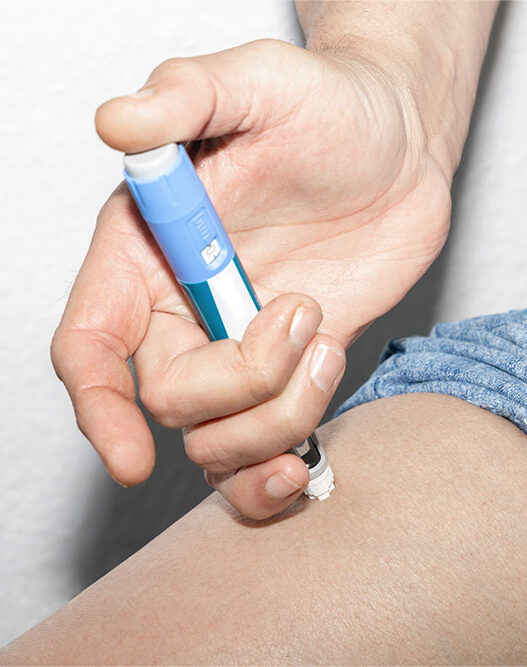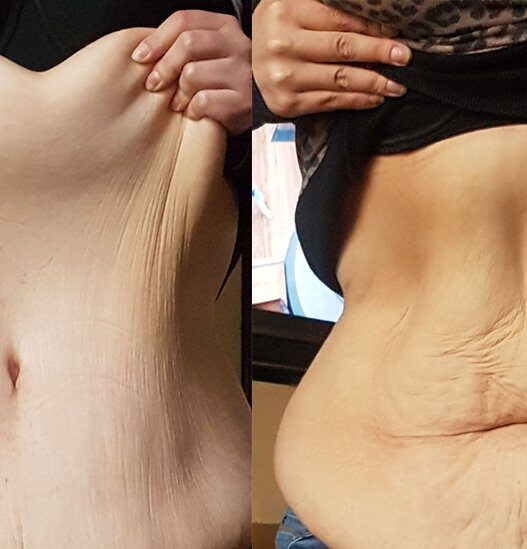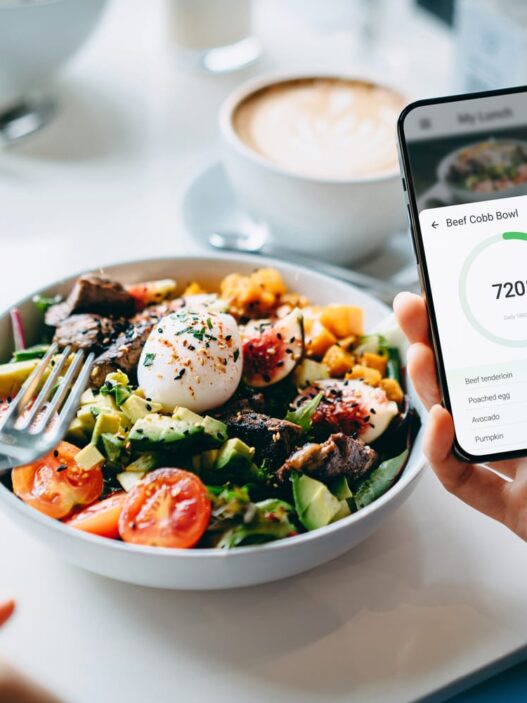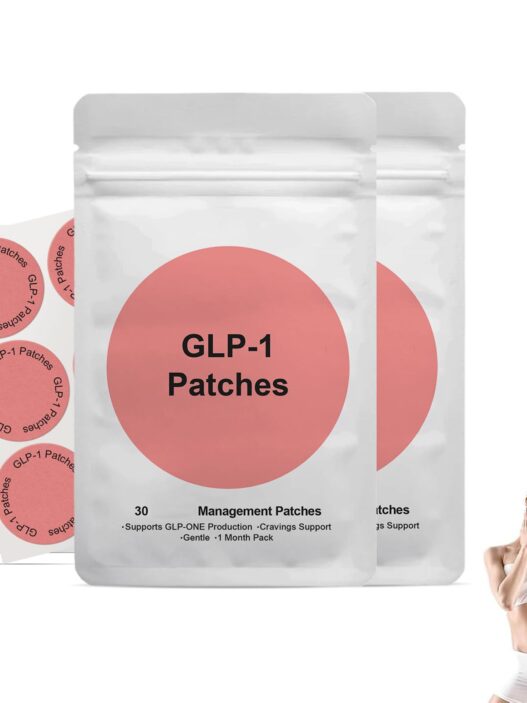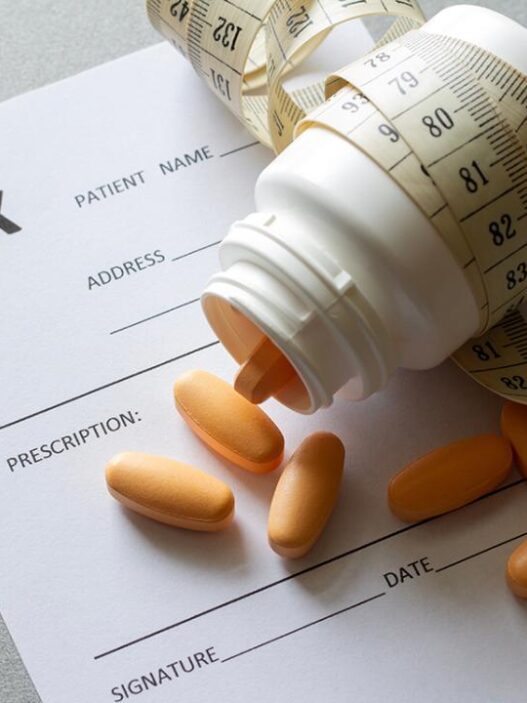Hey Fitness Enthusiastics…!!!
How many calories should i eat to lose weight? Your ideal calorie intake is dependent on several factors including age and activity level. Most females need at least 1,600 calories on a regular basis in order to maintain weight, while males may require at least 2,000 calories.
However, finding out the exact number of calories you take daily can be tricky, as it depends on many factors. These factors about how many calories should i eat to lose weight include your age, gender, size, and activity level.
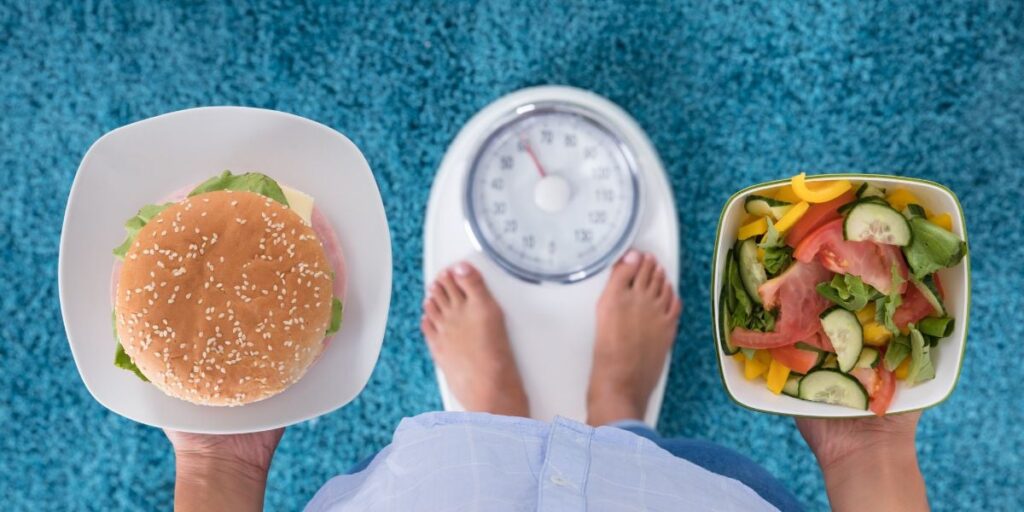
How Do I Calculate How Many Calories I Need?
Here, I’m giving you some basic points you have to follow in order to calculate your needs for calories.
Enter your details in the calculator in order to know how many calories you need regularly to maintain or lose weight.
The calculator is basically based on the Mifflin-St. Jeor equation, and can estimate your calorie needs. The calculator utilizes data of individuals and other factors, which includes genetics, medications, and lean body mass, that affect your calorie needs.
How Many Calories Should You Eat On Average?
It’s important to create a calorie deficit plan, if you want to lose weight, just by consuming less calories than usual or doing more exercise. Some people choose to combine the two meals, eating a little less while being more physically active.
However, it’s important to ensure that you’re consuming enough nutrients or not, even if you’re trying to reduce weight. Otherwise, you have a risk of developing nutritional deficiencies and metabolic changes, which can make it difficult to maintain weight for a long time.
Here’s a fine look at calorie intake which is based on recommendations from 2020–2025.
| Females | Age | Calorie Requirements |
|---|---|---|
| 19–30 years | 1,800–2,400 calories | |
| 31–60 years | 1,600–2,200 calories | |
| 61+ years | 1,600–2,200 calories |
These calories requirements are based on a regular basis.
Note that these estimated intake of calories don’t apply to those people who are pregnant or nursing, as they’ll need significantly more calories than this amount of calories.
People who are very active(physically ) or have some health conditions may also require more calories. The number of calories you need within these ranges also varies and is based on your height and weight.
Males
| Age | Daily calorie requirements |
|---|---|
| 19–30 years | 2,400–3,000 calories |
| 31–60 years | 2,200–3,000 calories |
| 61+ years | 2,000–2,600 calories |
Children
| Age | Males | Females |
|---|---|---|
| 2–4 years | 1,000–1,600 calories | 1,000–1,400 calories |
| 5–8 years | 1,200–2,000 calories | 1,200–1,800 calories |
| 9–13 years | 1,600–2,600 calories | 1,400–2,200 calories |
| 14–18 years | 2,000–3,200 calories | 1,800–2,400 calories |
Keep in mind that if you cut a child’s calorie intake it may cause an increase in the risk of nutritional deficiencies, slow growth, and foster a challenging relationship with food or an eating disorder.
Instead of counting calories, it’s best to eat a balanced diet containing lots of nutrient-dense foods.
You might not be clear about what your daily calorie intake should be,if you want to lose weight. The U.S Department of Agriculture’s 2020–2025 Dietary Guidelines for Americans did research and estimated the requirements for calories that a person should consume regularly ,is based on gender assigned at birth.
Women need almost 1,600-2,400 calories per day and men need almost 2,000-3,000 calories per day. These ranges are for weight maintenance, not for weight loss.
If you have any medical issue or any other health concerns that you want to manage then you’ve to consult a healthcare professional.
RDN can help in personalizing a healthy eating or weight loss plan that’s safe and customized to you.
How Many Calories Do You Need?
We need a basic amount of energy for our bodies ,so that they can perform function, which is commonly called basal metabolic rate.
Your body requires energy each day even if you’re resting comfortably in a bed the whole day, awake but not moving other than breathing, so your body burns calories whether you are doing something or not.
These functions helps in providing energy to cells and tissues, circulating blood, help in breathing, and support all your organs, like the lungs, brain, digestive tract, and kidneys.
Other factors, on top of the basal metabolic rate, can affect your needs of the calories.
To maintain your weight, you need to consume about the amount of daily calories that your body needs in supporting your basal metabolic needs and all your regular physical activity. In order to lose weight, you need to eat food that is lower in calories than your body requires at your current activity level.
A common assumption is that a deficit of 3,500 calories will help you to the loss of 1 pound (lb) of body weight. Research suggests that this rule of thumb overpredicts weight loss.
To Calculate Your Estimated Daily Energy Needs, Consider The Following Factors.
Current Weight
If you want to know the number of calories you are required to maintain or lose your body weight, start by checking your current weight. If your weight is already in a healthy and ideal range for your height, you should eat enough calories required to maintain your weight.
Healthy weight can be a subjective term, but the American Cancer Society formulates a flowchart on healthy weights and the Centers for Disease Control and Prevention (CDC) provides a proper guidance on calculating your body mass index (BMI).
If you want to lose weight, use a weight loss calculator to generate estimated calorie needs for gradual weight loss at your current weight.

Goal Weight
Your goal weight realistic or try to achieve different goal weights to see what the calculator will suggest for your calorie needs. Most weight loss calculators will use your goal weight to generate a calorie amount that should lead to gradual weight loss.
Date To Achieve Desired Weight
Mostly ,weight loss calculators ask your desired goal date for your desired weight to help you determining your calorie goal. If you want to lose weight faster, the calculators give a calorie goal that is lower in calories. If you have more time for your weight loss, the daily calorie goal may be higher.
Birth Sex
Biological sex affects your calorie needs. The reason is muscle mass and body size varies from one person to other. Biological men may tend to have larger body frames than women, with more muscle mass. Larger body sizes and more muscle mass increase the needs of your calories.
Age
Calorie requirements tend to be higher when we’re younger and decrease over time as we grow. The decrease in calorie needs results from reduced physical activity,muscle loss, gain fat, and lower basic metabolic needs as we age.
A woman who is 35 years old and do all her activities actively, has higher calorie needs than a woman who is 65 years old with the same activity level.

Height
A taller person has more body mass than a shorter person. Bodies with more mass require more energy to carry out important life functions, and they use more energy during physical activity, too.
Conclusion
How many calories should i eat to lose weight? Weight Loss is dependent on your calorie intake. The requirements of your calories vary from person to person and gender to gender and is dependent on several factors.










